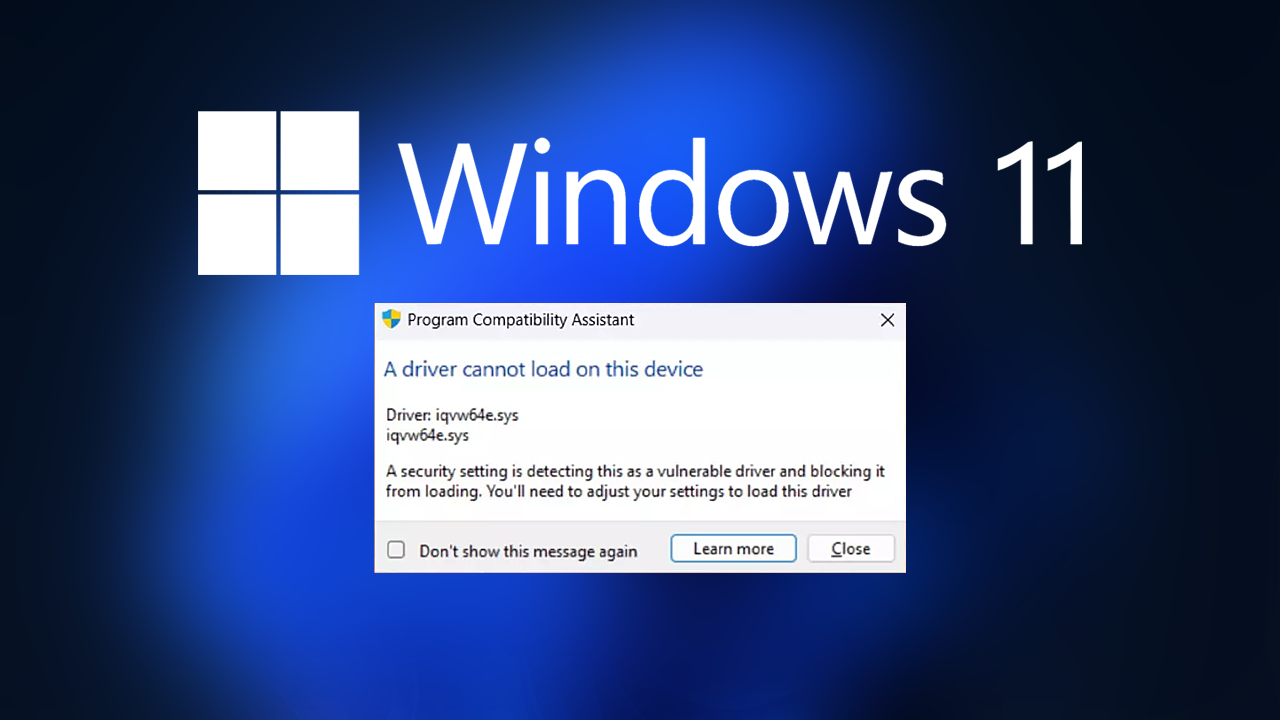Does anyone dare argue Cyberpunk 2077 wasn’t a disaster?
Mistakes abounded. The PC version experienced issues, while the PlayStation and Xbox console versions were poor. And CD Project RED’s game promised too much during development.
Unlike Atari’s “famous” ET, the game’s failure was not due to a lack of time. Soon, Cyberpunk 2077 will join a long list of video game flops as one of the largest.
Now we must comprehend how Cyberpunk 2077 became a historical disaster. What happened? What went wrong? Or was something impossible promised from the start?
Answers now.
Where CD Projekt RED is to blame
Cyberpunk 2077 was doomed from launch. Since its release, all reviews have been unfavorable, and everyone blames the developer. CD Projekt RED was responsible for all game difficulties, thus it’s natural.
The game didn’t fulfill quality requirements, resulting in a terrible experience on several platforms. CD Projekt RED made the issue worse by promising a wonderful game for years, fueling the beast of anticipation in everyone.
History reveals that those who fed people’s expectations paid a high price. Cyberpunk 2077 debacle falls on the developer’s shoulders without debate.
CD Projekt RED is not exclusively responsible for the game’s failure, however. Quantic Labs’ poor quality control contributes to Cyberpunk 2077’s problems. The business was engaged to ensure the game’s quality across platforms.
Quantic Labs should be held responsible if it botched its job. Even if “you just have one thing to do,” you fail horribly.
This condition is hard to defend.
Let’s further depict Quantic Labs’ condition so we can assess how much guilt they deserve for Cybepunk2077 ‘s failure. Furthermore, if you want to find a way to increase income by getting real money online. Read also a quick guide on how the article has changed my game.
Where Quantic Labs Blame
Romanian quality-control business Quantic Labs. According to a leaked report from Youtuber Upper Echelon Gamers, it mislead CD Projekt RED by claiming to have a bigger crew and superior credentials.
It may seem like an easy reason for CDPR, but it’s widespread in IT. Not a few tiny and medium-sized organizations claim to have larger know-how than their reality to persuade companies to receive a high-quality result for a comparably cheaper price than companies with higher quality in various technical areas.
In Cyberpunk 2077, a considerably smaller crew than needed for a game of its scale and technological complexity handled quality control. The CDPR employees didn’t expect this procedure to be carried out by persons with poor professional skills.
When alms seem excessive, we must be skeptical, buddy. Right?
The Cyberpunk 2077 QA project leader has around a year of experience. There was no way to improve on the final product. Did CD Project RED recognize during final testing that the game was awful on all platforms?
This seems unlikely, however…
Quantic Labs employed additional untrained individuals in the latter part of the project, but it didn’t help. This choice was so awful that the individuals who had worked on the game the longest and were unprepared had to instruct the newbies, delaying the process without improving the game. match.
That makes Cyberpunk 2077 embarrassing.
Quantic Labs is largely to blame for Cyberpunk 2077’s failure, as the company was far from meeting the quality standards needed for a game of this size to reach the market and satisfy gamers.
CD Projekt RED is still at fault for releasing a terrible game. The contracting business must thoroughly oversee Quantic Labs’ activities and outcomes. CDPR couldn’t have authorized anything below consumer standards.
Quantic Labs is not too responsible for CDPR’s unfulfilled promises, either. The game’s creator should have thought twice before promising vertical life density or complete PS4 and Xbox One editions.
Cyberpunk 2077 never delivered on its promise, and the reasons are evident. We’ll never forget this gaming mishap. We hope everyone involved has learned from this.


